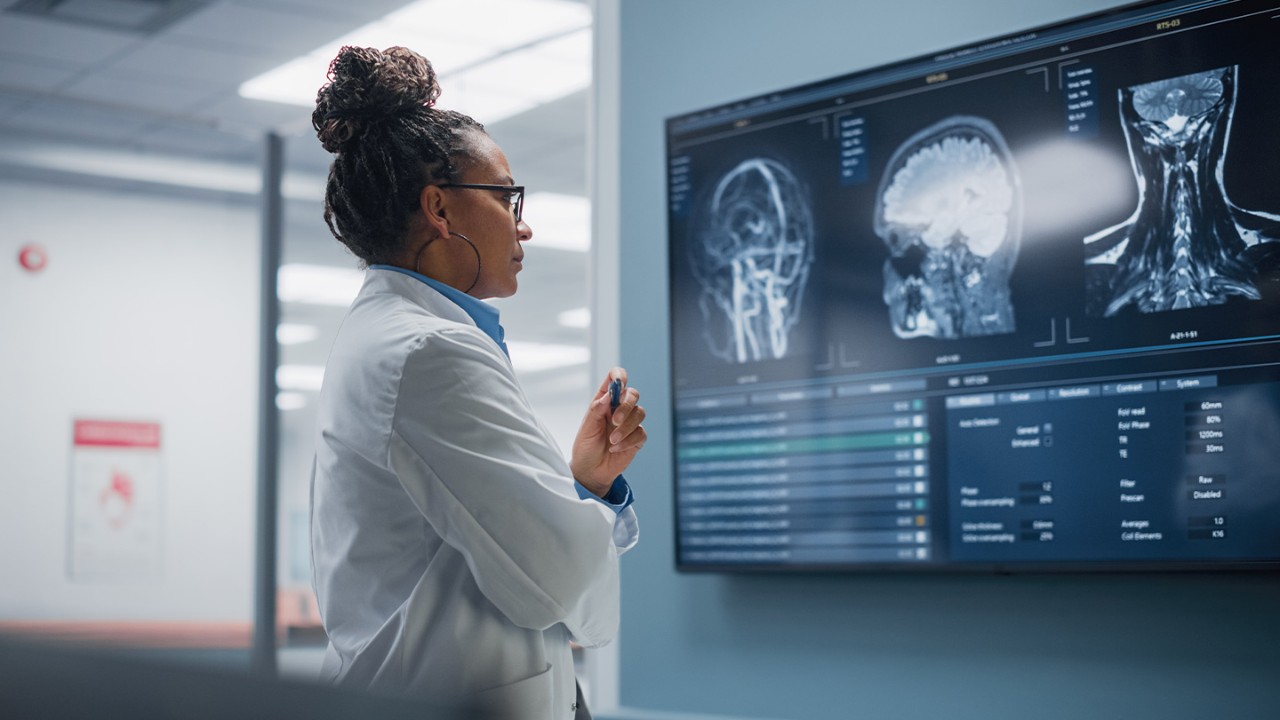Technology scouting is an essential tool for health leaders charged with keeping their organizations equipped to embrace the latest effective advances in precision medicine.
Precision medicine is an approach to healthcare that aims to improve outcomes by better tailoring the prevention, diagnosis, and treatment of disease to each individual patient. It is being applied in a number of areas, such as pharmacogenomics, where the selection of medication is made according to a patient's unique genetic makeup, and in precision oncology, where the DNA “fingerprint” of a patient's cancerous tumor is used to target treatment.
As demand grows, the precision medicine market and product space is projected to be worth $140 billion by 2026. Factors driving increased precision medicine product development and adoption include:
- An increasing number of precision medicine applications that are demonstrating improved patient care and health outcomes, increased patient satisfaction, and the potential to reduce healthcare costs
- Decreased cost of genomic sequencing
- Improved access to real-world, digitized data (e.g., electronic health records)
- Advances in artificial intelligence and machine learning
- Increased availability of scalable computational environments (e.g., cloud computing) and specialized hardware (e.g., graphics processing units)
- Legislation, policy development, and public sector investment in large-scale research and translational programs and organizations including the All of Us Research Program, Cancer Moonshot, Advanced Research Projects Agency for Health (ARPA-H), and the 21st Century Cures Act
Technology scouting can help health providers stay prepared to adopt new precision medicine solutions as they emerge so that patients can start benefiting from them right away. Booz Allen follows a two-phased approach to technology scouting that helps clients quickly identify, evaluate, and integrate the best new technologies, treatments, and approaches.
In the exploration and selection phase, we perform market research in relevant technology sectors and provide a full evaluation of market and industry trends, including a down-selected list of recommended providers. In the integration phase, we broker technology demonstrations, test and evaluate technologies in collaboration with our clients and the selected companies, and facilitate technology integration and adoption.


